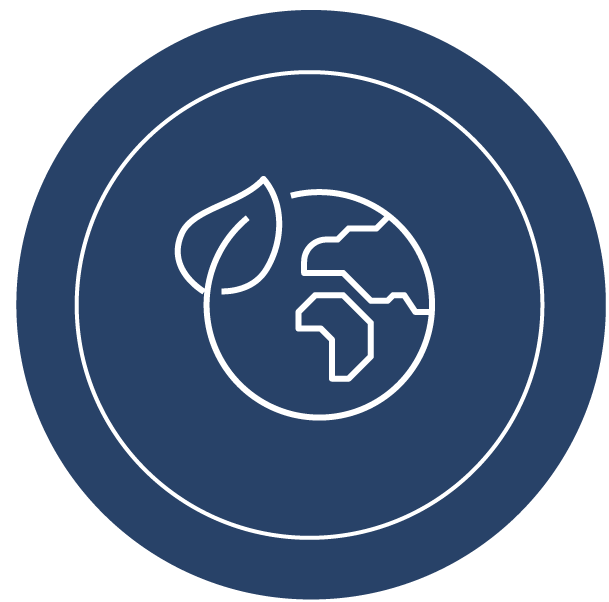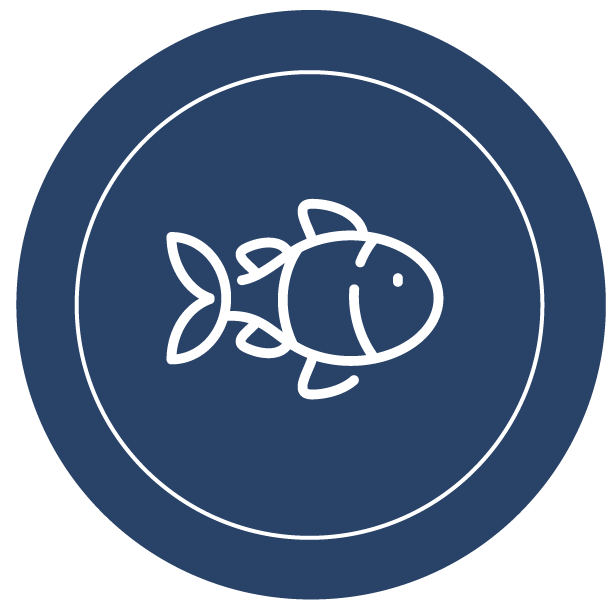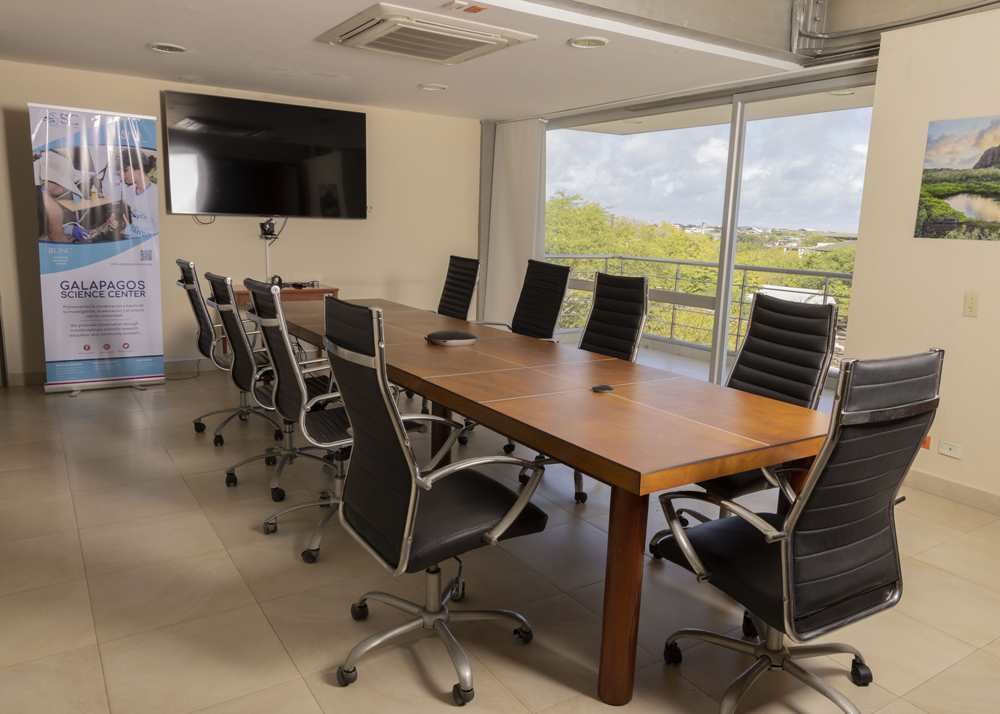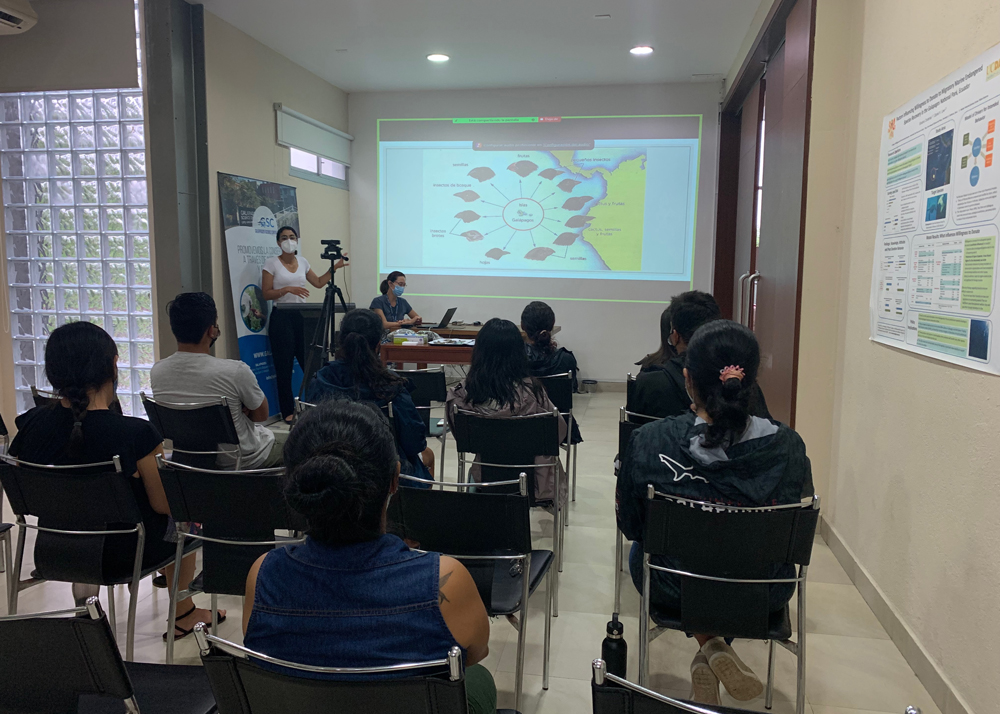INFRAESTRUCTURA
El Galapagos Science Center (GSC) es un centro de investigación, educación y divulgación ubicado en la isla San Cristóbal y construido en 2011. Es administrado conjuntamente por la Universidad de San Francisco Quito (USFQ) y la Universidad de Carolina del Norte en Chapel Hill (UNC). El GSC tiene alrededor de 20,000 pies cuadrados y alberga cuatro laboratorios, cada uno con un enfoque de investigación dedicado a: ecología terrestre; ecología marina y oceanografía; microbiología y biología molecular; y visualización y ciencia de datos.
El GSC también ofrece varios espacios de trabajo y multipropósito para eventos educativos y de divulgación comunitaria.
LABORATORIOS

Laboratorio de Ecología Terrestre
El Laboratorio de Ecología Terrestre tiene como objetivo facilitar la investigación en los ambientes terrestres de Galápagos en ecofisiología, ecología de poblaciones, ecología de comunidades, ecología de ecosistemas, ecología del comportamiento, ecología y evolución, y ecología del paisaje.

Laboratorio de Ecología Marina
Las actividades que se llevan a cabo en el Laboratorio de Ecología Marina se enfocan en estudios ecológicos, biológicos y genéticos de diferentes poblaciones de especies marinas, que habitan tanto en mar abierto como en las zonas intermareales de Galápagos.

Laboratorio de Microbiología y Biología Molecular
El Laboratorio de Microbiología y Biomolecular proporciona las facilidades que los investigadores necesitan para trabajar con diferentes muestras biológicas para estudios clínicos, microbiológicos y genéticos.

Laboratorio de Ciencia de Datos y Visualización
Ninguna instalación de investigación está completa sin las herramientas necesarias para rastrear, modelar y visualizar información y datos.
SALA DE REUNIONES
La sala de reuniones conecta a los investigadores de GSC y su personal con colaboradores científicos internacionales ya sea de manera presencial o virtual.
La sala de reuniones cuenta con dispositivos para el desarrollo de teleconferencias, incluida una mesa con capacidad para 20 personas.

SALÓN DE LA COMUNIDAD
El salón de la comunidad es un espacio híbrido utilizado para cursos de estudio, proyectos de ciencia ciudadana o para difundir los resultados de la investigación a la comunidad local.
El salón de la comunidad cuenta con un proyector, sistema de sonido y asientos para, máximo 30 personas, incluido un patio trasero al aire libre.



